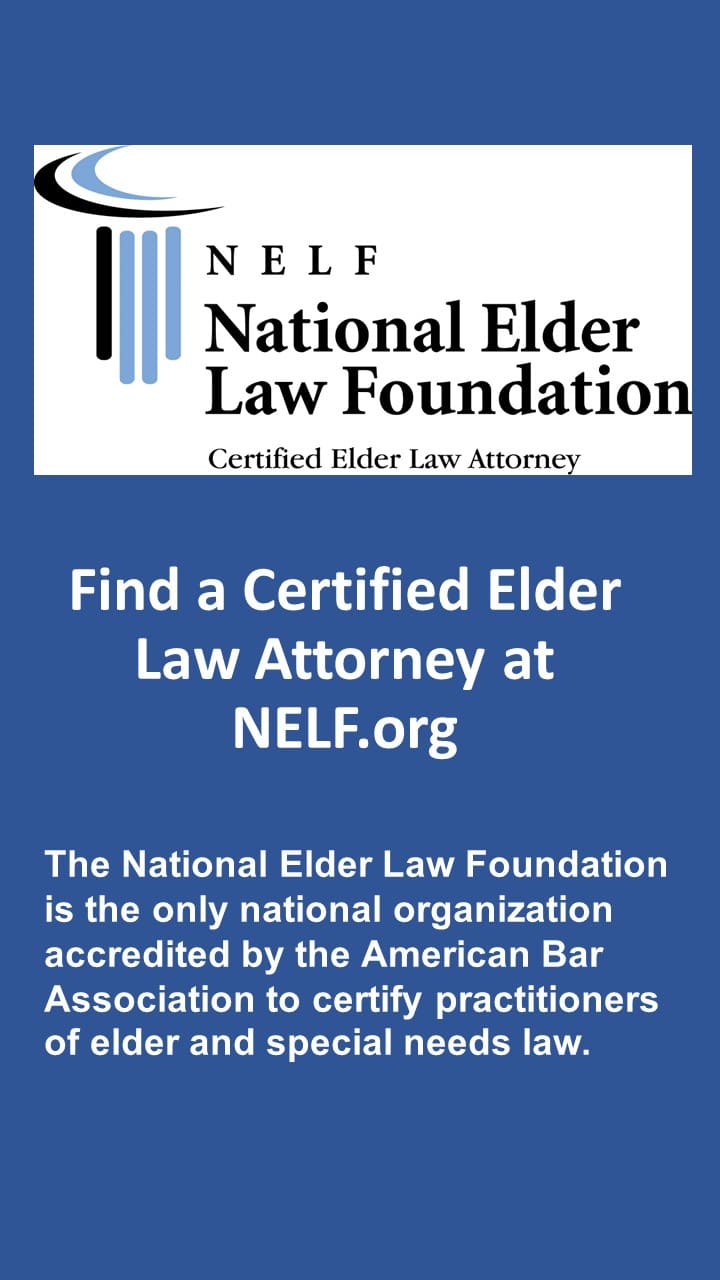In State of Idaho v. Beason, 546 P.3d 684 (2024), the Medicaid agency filed an estate recovery claim in Juanita Gilbert’s estate. she received Medicaid benefits from 1996 until her death in 2015, totaling $137,023.29 and, after she died, the State wanted its money back.
Juanita and her husband, Robert, owned real property in Butts County, Idaho, which they deeded to themselves and their five grandchildren in 2005. Technically, they divorced n 2005, split the property in half, and each deeded one-half to Robert and the five grandchildren and to Juanita and the five grandchildren. In 2021, after Juanita’s death, the State discovered the existence of the deeds and sought to set the deeds aside. The State relied on Idaho code section 56-218(2) which provides that “[t]ransfers of real or personal property … by recipients of [Medicaid], or their spouses, without adequate consideration are voidable and may be set aside by an action in the district court.”
Four of the five grandchildren admitted that the transfer lacked consideration. The remaining grandchild argued that the statute of limitations had run and that the deeds were supported by adequate consideration. The court, in what appears to be a result oriented decision, easily found that the statute of limitations did not bar recovery. “The Department may seek to set aside transfers because section 56-218(2) permits the Department to do so. Accordingly, section 56-218(2) creates a statutory liability for Medicaid recipients who transfer their real property without adequate consideration.” Apparently the Court found the date the deed was filed irrelevant and, instead, applied a catch-all limitations period to the date of Juanita’s death.
The Court then affirmed summary judgment for the Medicaid agency because the grandchild failed to establish a genuine issue regarding whether Robert and Juanita received adequate consideration for the property transfer. The alleged consideration was settlement of a 1988 personal injury claim and claim for medical expenses. The grandchild’s affidavits submitted in opposition to the motion for summary judgment lacked foundation. “Earle L.’s declaration does not state that he was present for the discussions described in his declaration and he fails to explain how he has knowledge of the discussions or the purported agreement that his parents reached with Robert and Juanita. Accordingly, Earle L.’s statements that Robert and Juanita transferred an interest in the property to him in satisfaction of a claim he had for injuries suffered as a child are inadmissible.”
The result in this case is not the result in most States. Although many States aggressively pursue estate recovery claims, only a handful have altered property law to prevent Medicaid recipients from conveying property to avoid estate recovery. Obviously, from this holding, Idaho is one of that handful.








